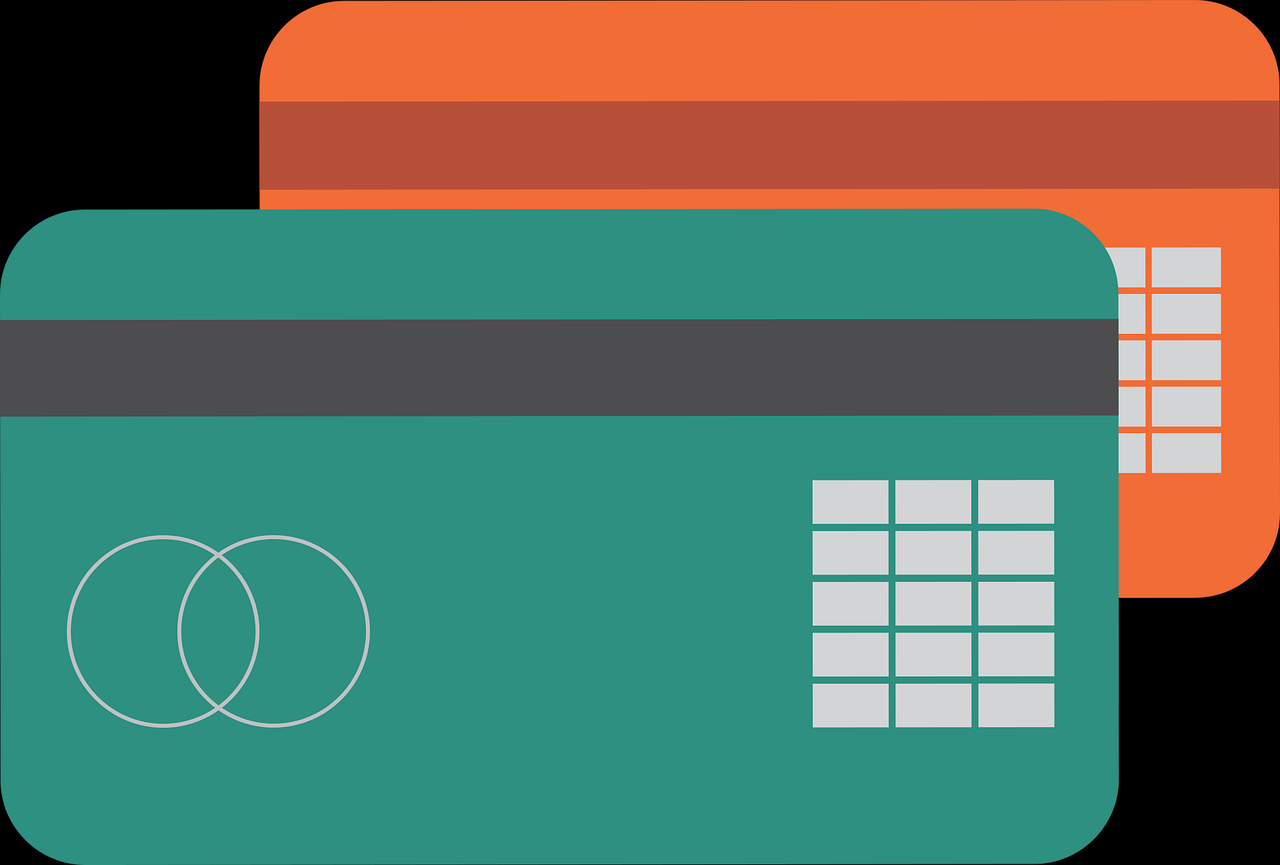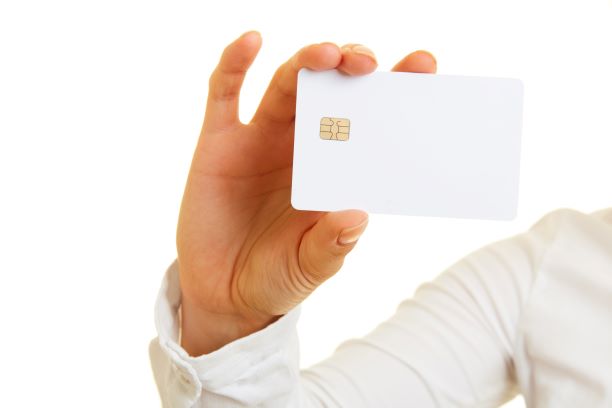A smart card is an electronic device which is designed to hold and store information for different types of authorisation, such as personal identification, application processing and resource accessing. They store all this data on a microchip and are used in tandem with card readers. The most common example of a smart card would be your credit or debit card.
Smart cards are an incredibly nifty form of technology which businesses across the world deploy to their advantage. But what specific types of organisation use smart cards and why? We’re going to be answering these questions by looking at some examples. Read on to find out what they are and see if your business could benefit from integrating a smart card system.
1.) Universities
Smart cards are used in universities across the United Kingdom and indeed much of the world. They provide an added layer of security, so students are protected from unauthorised persons coming onto the campus. They can also be integrated with the printing system at universities. This prevents students from using more print credits than is within their allowance. Such a use case will save the organisation thousands of pounds every year from over use of print facilities.
Universities usually integrate a smart card system for their catering services, too. For instance, catered students will be issued a smart card which holds their credit for the three meals they’re due on that day.
2.) Libraries
Public libraries are another form of establishment which make great use of smart card systems. It’s hard to enforce security in a library and prevent theft (whether it’s inadvertent or not). But smart cards are able to rectify this. A logged record will be created when someone has taken out a book, a counter record created when they return the book. If a student has any outstanding charges for late returns, these too can be recorded on the card. This prevents an unreliable library member from taking out more books if they haven’t returned the previous ones or not paid in full any charges which are due. Libraries can significantly cut costs on their lost stock by introducing smart card systems, plus integrate a loyalty or membership scheme.

3.) Retailers
Retailers have started integrating smart cards into their reward schemes. For example, certain shops will give their customers an advantage card which they can swipe every time they make a purchase. This rewards them with shop credit that can later be redeemed for items, helping to ensure the customer’s return visits to the store. Sainsbury, Tesco and other large retailers have been using loyalty cards for many years. Smart cards are also used as gift cards, which customers put their credit into, so a friend or family member can redeem this credit for themselves. Gift cards for clothes shops, music downloads and other forms of retail are a popular example of this.
4.) General Businesses
Businesses can integrate a smart card system into their operations to help with ID verification and access control, plus computer and network security. Smart cards keep data protected, premises safe, and optimise operations by allowing managers to monitor when employees are clocking in or out. Additionally, by installing access control points in and around the building, employee location and time tracking can also help make work time more efficient. Smart cards also provide a quick form of two-factor authorisation. It’s obvious how businesses everywhere can benefit from integrating a smart card system into their operations.
And there you have some examples of organisations which use smart card systems to their advantage. If you’re a business owner, what are you waiting for? Be innovative and cleverly utilise this technology for your company today.
Comments are closed.




















































